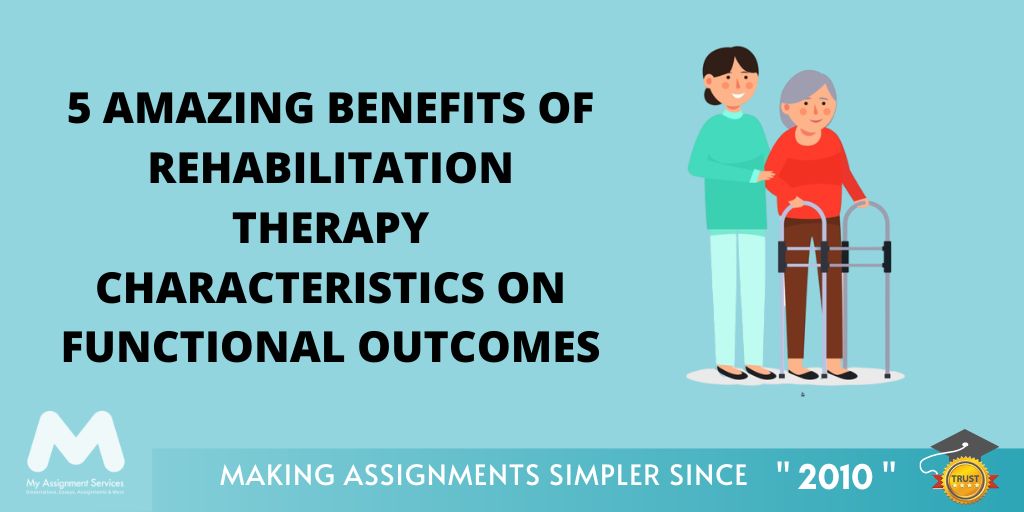Getting My Narconon Africa To Work
Getting My Narconon Africa To Work
Blog Article
The Narconon Africa Diaries
Table of ContentsOur Narconon Africa DiariesThe Facts About Narconon Africa RevealedThe 10-Minute Rule for Narconon AfricaTop Guidelines Of Narconon Africa4 Simple Techniques For Narconon AfricaThe Buzz on Narconon AfricaA Biased View of Narconon Africa
In a collection of documents with Manudeep Bhuller and Katrine V. Lken, we get over these information difficulties and the nonrandomness of imprisonment, supplying new insights into just how imprisonment impacts regression, work, children, and criminal networks - Substance abuse treatment. Figure 1 Our job researches the effects of imprisonment in Norway, a setting with 2 key advantagesWe can even more connect this information to other household members, consisting of kids and siblings. We have details on co-offending that allows us to map out criminal networks for observed criminal activities. Second, we can utilize the random job of criminal instances to judges who differ in their propensities to send out defendants to prison.
Some courts send accuseds to jail at a high rate, while others are much more lenient. We determine a judge's stringency as the average imprisonment price for all various other situations a judge manages, after controlling for court and year set results, which is the level of arbitrary job. This quasi-random assignment of court stringency can be used as a tool for incarceration, as it highly anticipates the court's decision in the current situation, however is uncorrelated with various other situation characteristics both deliberately and empirically.
Fascination About Narconon Africa
Attributes of prisoners, including demographics and criminal offense categories, are broadly comparable in Norway and other countries, including the United States, with the exemptions that the US homicide rate is much greater, and race plays a bigger duty there. What sticks out as different, particularly compared to the USA, is the prison system.
Figure 2In Norway, the ordinary time invested behind bars is a little over six months, which resembles most various other Western European nations. This contrasts with ordinary United States jail time of virtually 3 years, which remains in large part the reason the USA is an outlier in its imprisonment rate compared to the rest of the world [Number 1]
Narconon Africa - Truths
This gives a lot more splitting up between minor and solidified criminals than exists in the United States. There is no overcrowding in Norwegian prisons and much better personal safety, with each detainee being assigned to their very own cell and a greater inmate-to-staff ratio than in the United States (https://pastebin.com/u/narcononza12). Prisons in Norway also provide well-funded education, medication treatment, psychological health and wellness, and work training programs
Our research on the effects of imprisonment on the transgressor, using the arbitrary project of courts as a tool, returns 3 essential searchings for. First, imprisonment discourages even more criminal habits. We find that incarceration reduces the probability that a person will reoffend within five years by 27 percent points and decreases the matching number of criminal charges per individual by 10 costs.
Unknown Facts About Narconon Africa
We locate sizable declines in reoffending chances and collective charged criminal activities even after offenders are launched from jail. Our second outcome is that predisposition due to selection on unobservable specific characteristics, if overlooked, results in the erroneous final thought that time spent behind bars is criminogenic. If we just contrast criminal defendants imprisoned versus those not sentenced, we locate favorable organizations in between incarceration and succeeding criminal activity.
This stands in comparison to our evaluation based on the random assignment of courts, which discovers an opposite-signed outcome. Third, the reduction in criminal offense is driven by individuals that were not working prior to imprisonment. Among these people, imprisonment increases engagement in programs routed at enhancing employability and lowering regression, and this inevitably elevates work and incomes while inhibiting criminal actions.

Imprisonment causes a 34 portion point rise in engagement in job training programs for the formerly nonemployed, and within five years their employment price increases by 40 portion points. At the very same time, the likelihood of reoffending within five years is reduced by 46 percentage factors, and there is a decrease of 22 in the average number of criminal fees.
The Ultimate Guide To Narconon Africa

A possible explanation for the distinction is that Norway's jail system varies considerably, both in terms of prison-term size and prison conditions, from the US prison system. While understanding the results of incarceration on the culprit is an essential very first step, recording spillover results is likewise essential for evaluating criminal justice plan and developing reliable jail systems.
What Does Narconon Africa Do?

Average the very least squares approximates disclose that youngsters of incarcerated dads are 1 portion factor more probable to be charged with a criminal offense, family member to a mean of 13 percent, and reveal no effect on school qualities. Using our judge stringency instrument, we discover no statistical evidence that a father's imprisonment affects a child's very own criminal offense or institution qualities, but we are unable to dismiss modest-sized results.
More About Narconon Africa
We define criminal groups based on network links to previous criminal instances. Our evaluation returns three main findings. Initially, when a criminal network member is incarcerated, their peers' probability of being billed with a future crime lowers by 51 percentage points over the following four years. Having an older sibling incarcerated lowers the chance his more youthful bro will be billed with a criminal activity by 32 portion factors over the next 4 years.
Report this page